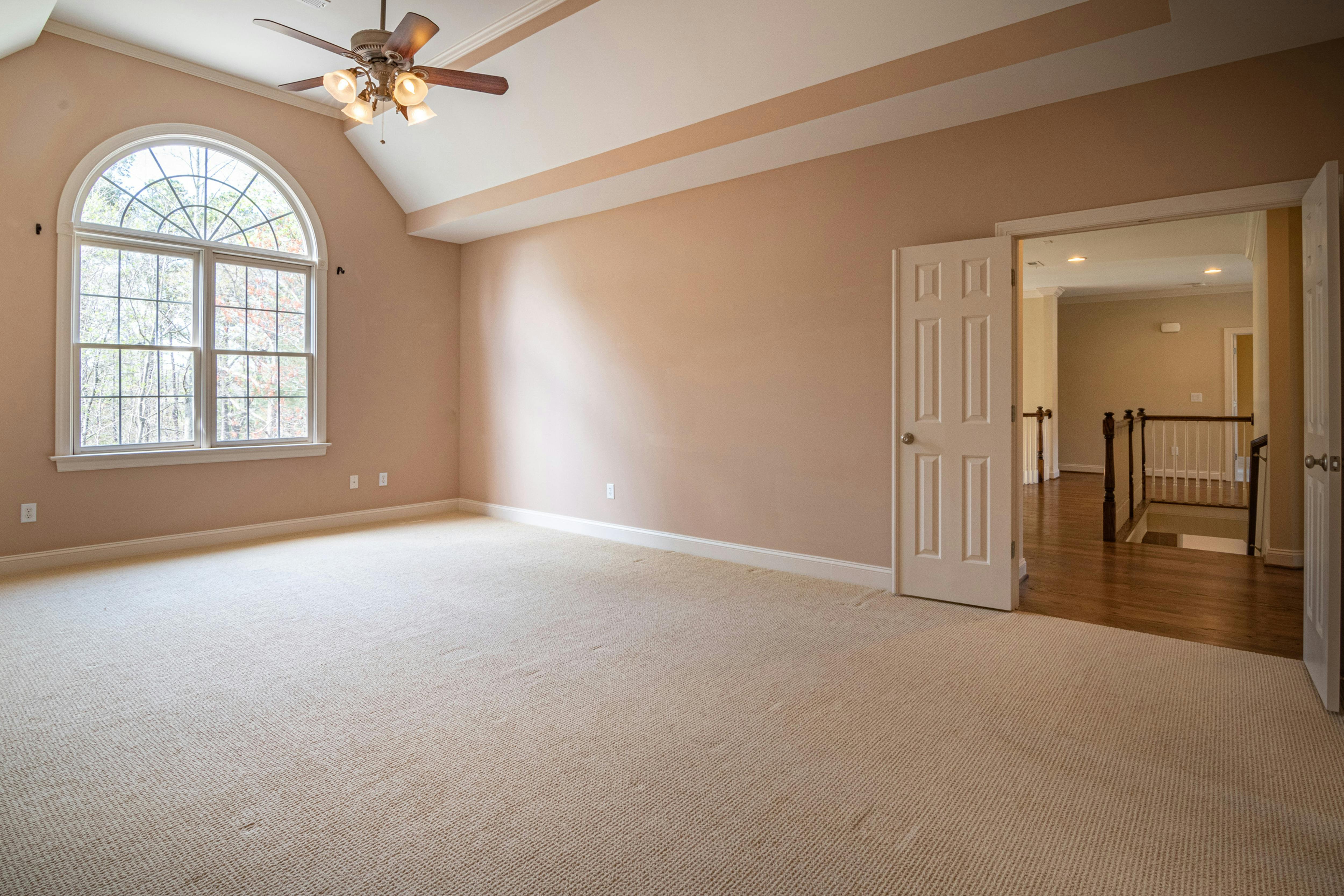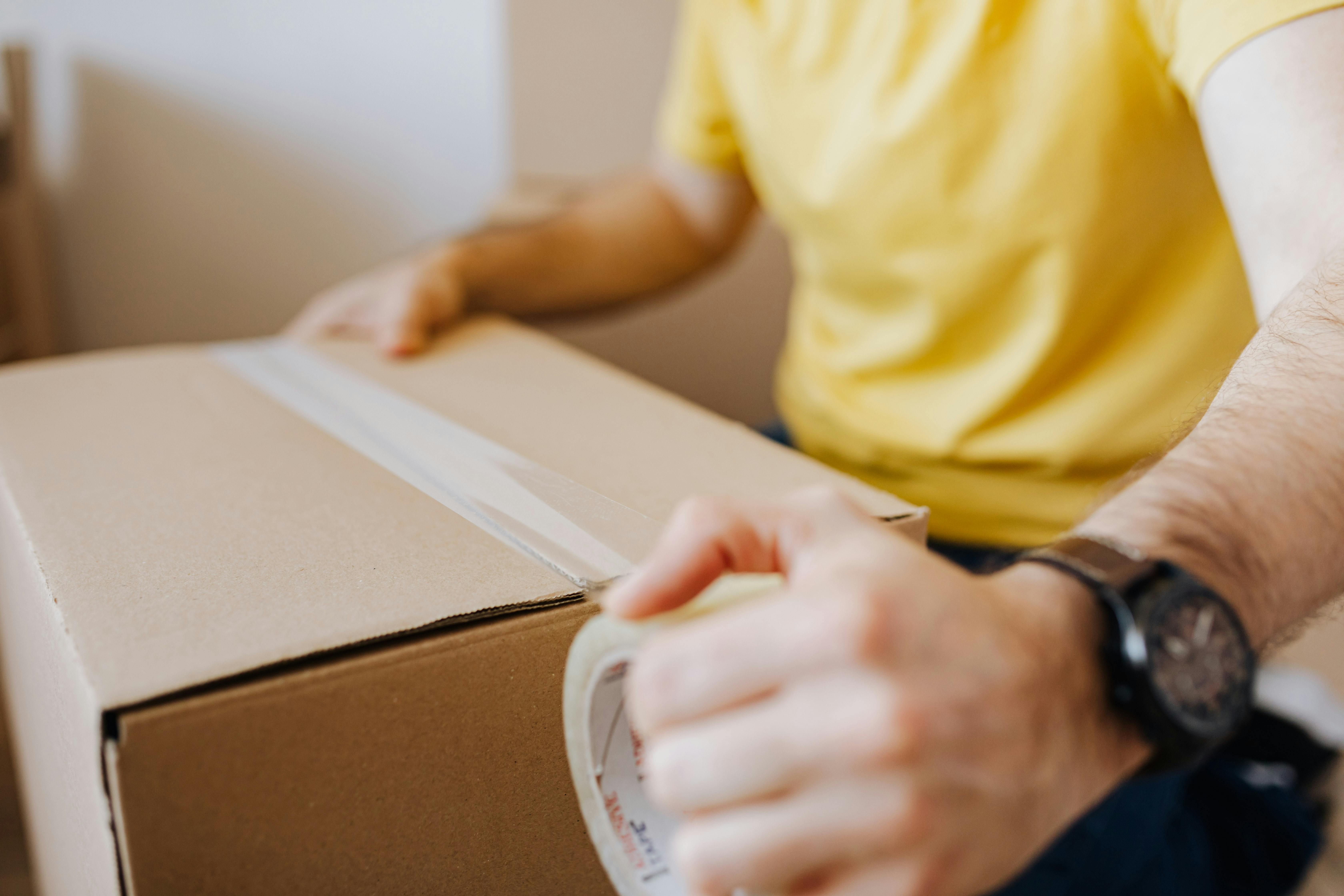The purpose of socializing your new puppy is to give him the opportunity to become a valued member of the family. A well socialized dog is not only happier but also obedient, confident and outgoing. The best time to make the biggest foray is during the age of 10 to 16 weeks. While you can and should continue the process beyond this age, this is the most influential time period.
Breeders and experts will tell you that puppies that have been improperly socialized during this age can develop behavioral problems such as shyness, fear and aggressiveness. Below are some points to consider when socializing your new puppy.
Your goal during this critical age is to allow your pup to experience as many new situations as possible. Ensuring that every experience is a positive one is our job as pet owners. Get started on your new home. Familiarize them with household noises and products they will hear and be familiar with, such as the sounds of plastic bags, vacuum cleaners, and washers and dryers. Introduce them to pet-friendly people as you both go for walks practicing leash training, visits to the dog park, as well as friends and family.
As you expand experiences, bring plenty of dog treats and encourage your pup to make new events fun and not scary. Expose them to different sounds around their neighborhood, like a garage door opening and closing, car alarms, etc. Introduce them to well behaved children and well mannered dogs, people gathering places like a local ice cream parlor, a coffee shop and even a local parade.
More and more cities are offering pet-friendly restaurants and places to eat. These are great places for your new puppy to experience different environments and noises for proper socialization. As you walk with your pup, explore different surfaces, such as concrete, grass, or dirt paths. Moving through the park exposes them to people in wheelchairs, wearing big hats, etc. walk through a tunnel or under a bridge anywhere, you feel your dog can safely experience a different environment.
Remember that during this critical age it is important to keep your puppy on a leash. They won’t receive their last set of vaccinations until they reach the age of 16 weeks, so off-leash exposure to other dogs and pets could be dangerous.
Socializing your puppy through all of these experiences will provide a foundation for successful ongoing training. It’s also important to understand your dog’s limitations. Move to his rhythm; forcing socialization will defeat the purpose and will only frustrate both you and your dog. Proper socialization should be fun and safe and will lead to a happy, confident, friendly and well-trained dog.


